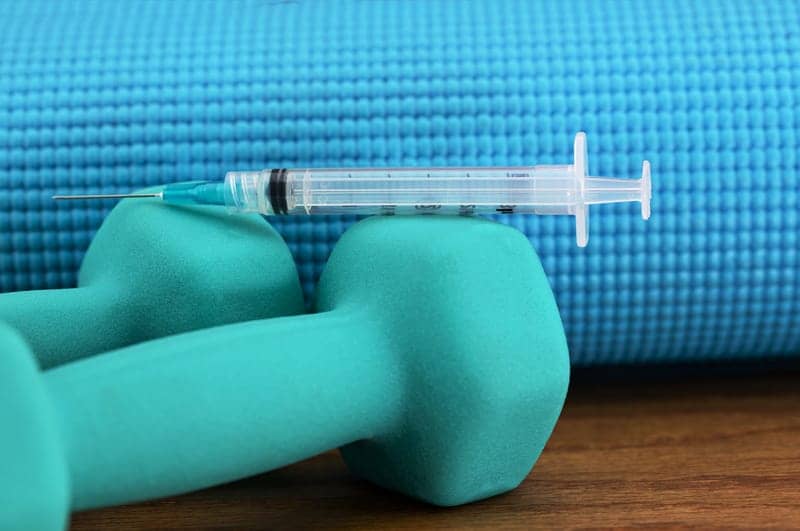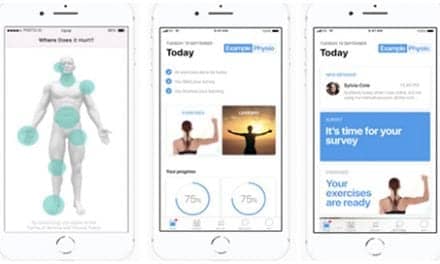The COVID-19 vaccine does not impair the body’s physiological response to exercise, according to a new study at The University of Arizona.
The findings also indicate the COVID-19 vaccine is unlikely to have an adverse impact on exercise performance “in the vast majority of healthy people,” according to Richard J. Simpson, PhD, professor in the School of Nutritional Sciences and Wellness and the study’s senior author.
The study is published ahead of print in the Journal of Applied Physiology and has been chosen as an APSselect article for February.
No Changes to Oxygen, Metabolites
Physiologists specifically noted that after being vaccinated, human participants in this study had no change to their oxygen consumption levels or the release of certain metabolites—such as lactic acid—into the blood during exercise. While these findings indicate that the COVID-19 vaccine does not affect exercise capacity, the study also revealed vaccinated participants did see their heart rate increase during exercise.
In addition, levels of the stress hormone norepinephrine also increased. According to Simpson, “this indicates that the body had to work a little bit harder to perform the same amount of exercise after vaccination.”
This research was conducted in 18 healthy humans who received the COVID-19 vaccine. The participants took part in cycling exercise before and 2 to 3 weeks after being fully vaccinated. Scientists also conducted two exercise tests in control participants who did not receive the vaccine.
Hope to Encourage More Vaccines
Simpson and his colleagues hope these findings will encourage more people to get the COVID-19 vaccine. He also cautions that the “small elevations in heart rate and norepinephrine seen after vaccination could have implications for athletes at the elite level, and more consideration regarding the timing of vaccination in close proximity to major sporting/athletic events should be given.”
[Source(s): American Physiological Society, Newswise]





